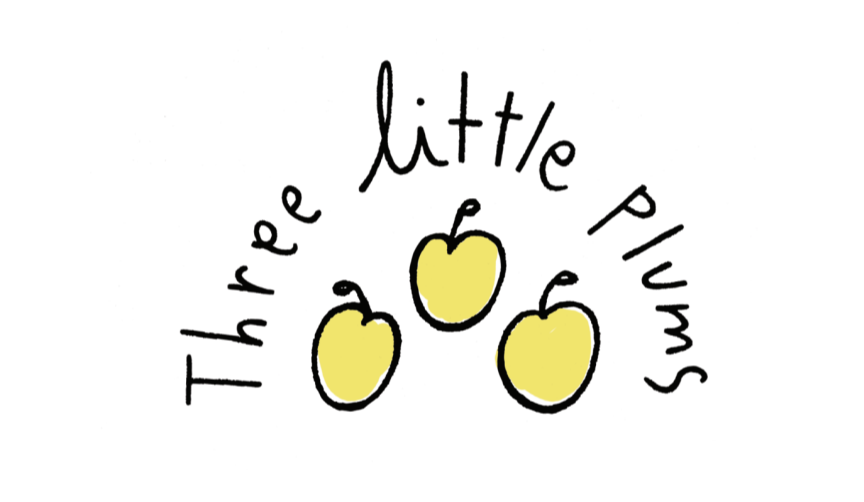Avoiding formaldehyde in clothing, lines, crib sheets, furniture and more
Your mom or dad might have taught you to never leave home with a wrinkled shirt. But, with all the craziness of everyday life, choosing fabric that doesn’t need to be ironed - often labelled as ‘wrinkle free’ and “non iron”, “wash and wear” and “easy care”- just seems like an easy alternative.
These iron free finishes are widely available in men and women shirts, t-shirts, pants, bed sheets, crib sheets, baseball hats, drapes, upholstery and more… but what makes them “wrinkle free”?
Unfortunately this anti-wrinkle finish often comes from a resin that releases formaldehyde a known carcinogen and allergen. The main concern stemming from short term exposure to these textiles is that it can cause a form of eczema; allergic contact dermatitis which affects the immune system and produces reactions characterized by rashes, blisters, and flaky, dry skin that can itch or burn. No one has really studied the long term, cumulative exposure risks.
How much formaldehyde is used in these textiles is hard to say because the US doesn’t regulate formaldehyde levels in clothing made here nor clothing made overseas (13 countries have laws or regulations that do limit formaldehyde levels in clothing). Additionally companies are not required to disclose the use of any chemicals on clothing labels.
EECK
So what can you do?
Buy GOTS certified cotton when possible
Currently GOTS certified cotton is the only certification that 100% does not allow formaldehyde in anything certified.
Oeko Tex does not allow any formaldehyde in baby products BUT it does allow 75ppm of formaldehyde in (non-baby) bedding and clothing designated to be against skin. For blankets or items not designated to be "against the skin", Oeko-Tex allows 300ppm of formaldehyde residue.
BCI, or the "Better Cotton Initiative" has no protocol for fabric finishing.
2. When washing clothes, separate clothes by weight…. ie don’t wash a t-shirt with jeans as the weight of the jeans can cause the t-shirt to get extra wrinkly
3. When drying clothes, remove them promptly and hang. For t-shirts consider removing from dryer when they are still a tiny bit damp and hang dry… the more time fabrics spend in the dryer, the more likely they will be overheated and wrinkles become deeply set.
4. Avoid textiles labeled with “‘wrinkle free’ and “non iron”, “wash and wear” and “easy care”
SOURCES
https://www.gao.gov/new.items/d10875.pdf
https://www.gao.gov/new.items/d10875.pdf
https://www.thespruce.com/how-to-prevent-wrinkled-clothes-2147248
https://publications.jrc.ec.europa.eu/repository/bitstream/JRC36150/6150%20-%20HCHO_survey_final_report.pdf
https://www.compliancegate.com/formaldehyde-regulations-european-union/

